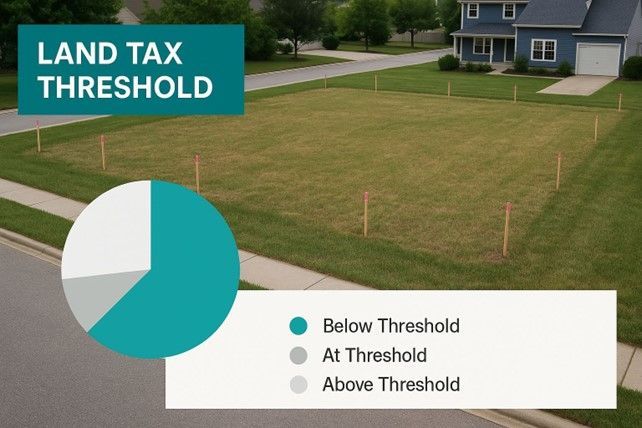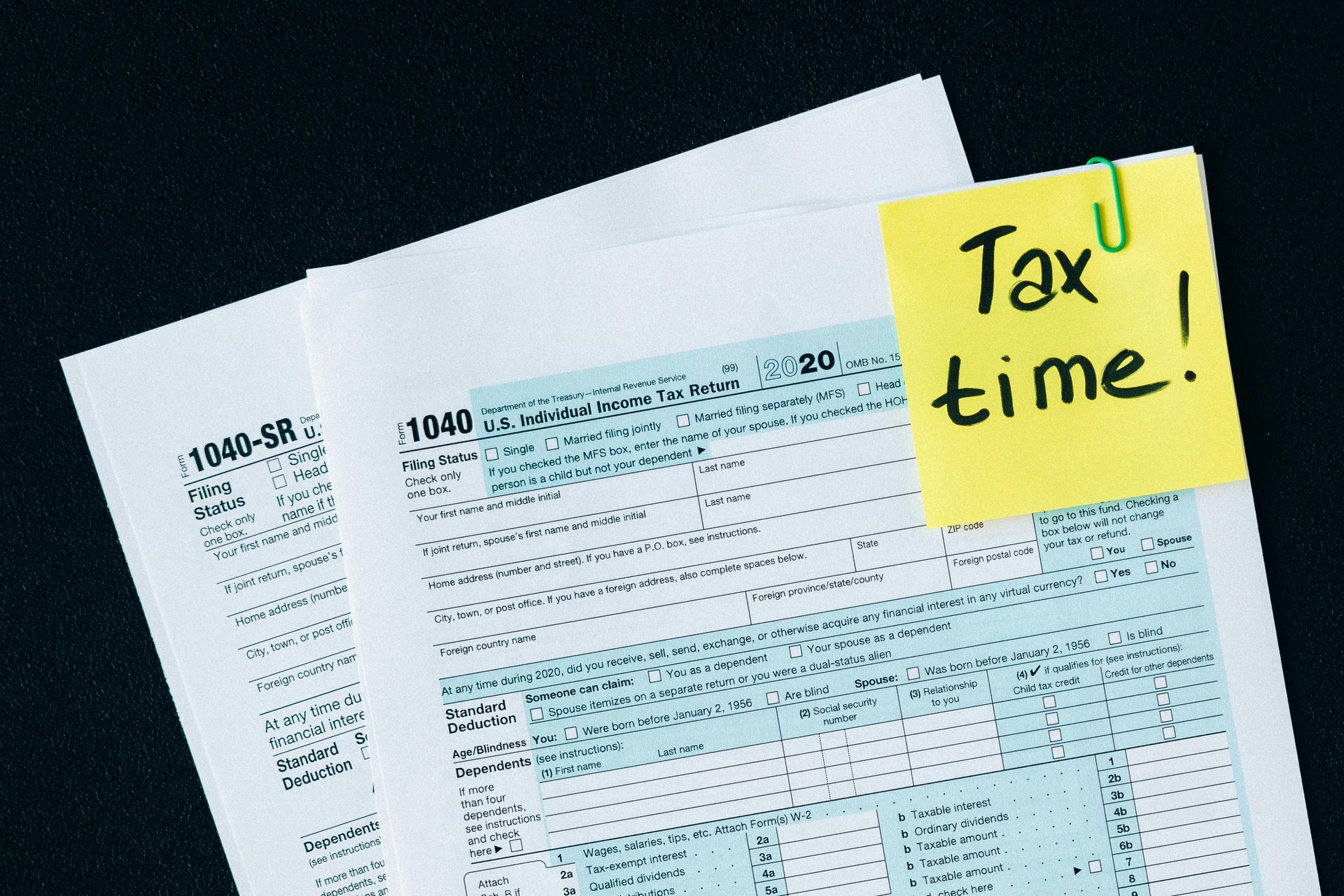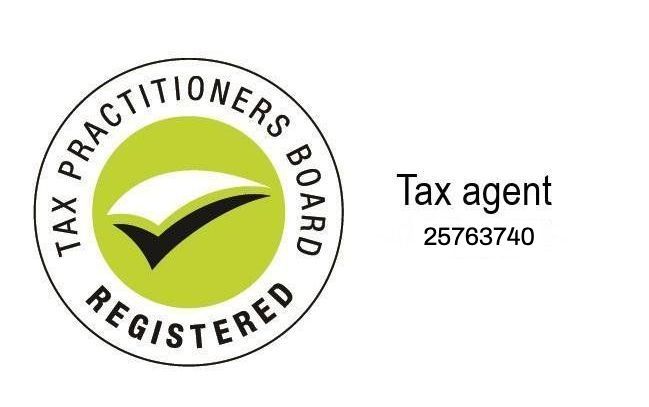Fringe Benefits Tax: Why It Matters More Than Ever in 2025
Fringe Benefits Tax: Why It Matters More Than Ever in 2025
If you’re a business owner who provides perks to your team, like a company car, paid meals, or reimbursed expenses, Fringe Benefits Tax (FBT) might apply to you. But even if you’re not currently paying FBT, there’s something you should seriously consider: lodging a return.
Because the ATO is watching more closely than ever.
In 2025, the ATO has made it clear that FBT compliance is a priority. With an estimated $1.9 billion “FBT revenue gap,” enforcement is ramping up. We’re seeing more reviews, more penalties, and less leniency—especially for things that previously flew under the radar.

What is FBT?
FBT is a tax paid by employers on certain non-cash benefits they provide to employees or their associates. These can include:
- Cars made available for private use
- Meals, events, or other entertainment
- Personal expenses that the business reimburses
- Loans with little or no interest
- Housing or accommodation assistance
If any of these sound familiar, FBT may apply to your business, even if you haven’t had to pay in the past.
Should You Lodge an FBT Return Even If No Tax Is Payable?
Where no FBT is payable, there is legally no obligation to lodge an FBT return. But should you lodge one anyway?
Our strong recommendation is yes, you should lodge an FBT return even if you don’t owe any tax.
Why? Because lodging a return limits the ATO’s audit window to just three years from the date of lodgement. If you don’t lodge at all, the ATO is legally entitled to audit your business going back an unlimited number of years.
That means even small errors or omissions from long ago could come back to haunt you. Lodging a return… yes, even a nil one, protects your business and reduces your exposure to penalties.
Common FBT Exemptions
Not all benefits attract FBT. Here are some common exemptions and concessions:
- Portable electronic devices (like phones or laptops) primarily used for work
- Minor benefits under $300 provided on an infrequent or irregular basis (e.g. birthday gifts, staff lunches)
- Tools of trade or protective clothing essential to the job
- Electric vehicles (EVs) that fall below the luxury car tax threshold and meet eligibility requirements
Understanding and applying these exemptions can significantly reduce your tax liability.
Ways to Reduce Your FBT Liability
If you are providing benefits that are subject to FBT, there are still ways to reduce your tax bill:
- Employee Contributions: If employees make post-tax payments (e.g. for private use of a vehicle), it directly reduces the taxable value of the benefit.
- Use Exemptions Where Possible: Keep detailed records to support claims for exemptions.
- Salary Packaging: Consider whether providing benefits is more or less tax-effective than increasing salary.
- Maintain Clean Records: Especially for benefits like motor vehicles, where logbooks, fuel receipts, and usage reports matter.
Use the Right Valuation Method: For example, novated leases often use the statutory formula or employee contribution method—choose the one that works in your favour.
Why FBT is a Hot Topic Right Now
The ATO’s approach to enforcement has changed. We’re seeing a significant increase in audits and reviews, even when no FBT is ultimately payable. Some of the current audit triggers include:
- Late BAS or tax return lodgements, even where there’s no payable amount
- Fringe benefits that have not been reported or are incorrectly valued
- Rental property deductions that fall outside of expected benchmarks
- Mismatches between BAS and year-end tax returns
- Single Touch Payroll (STP) non-compliance, even if wages are paid correctly
- Superannuation guarantee delays, especially when not reported through STP
The message is clear: just because something didn’t trigger concern in the past doesn’t mean it’s safe now. The ATO is under pressure to close revenue gaps, and compliance is getting tighter across the board.
Not Sure Where You Stand?
If you’re unsure whether FBT applies to your business, the best place to start is by completing our short FBT Questionnaire.
It only takes a few minutes and can help you:
- Understand if FBT obligations apply to you
- Identify common fringe benefits you might be providing
- Determine whether a Nil FBT return is in your best interest
👉 Start the FBT Questionnaire Here
FBT doesn’t have to be stressful. A quick check now could save you from a headache (or penalty) later. And if you need help making sense of it all, we’re just a message away.












